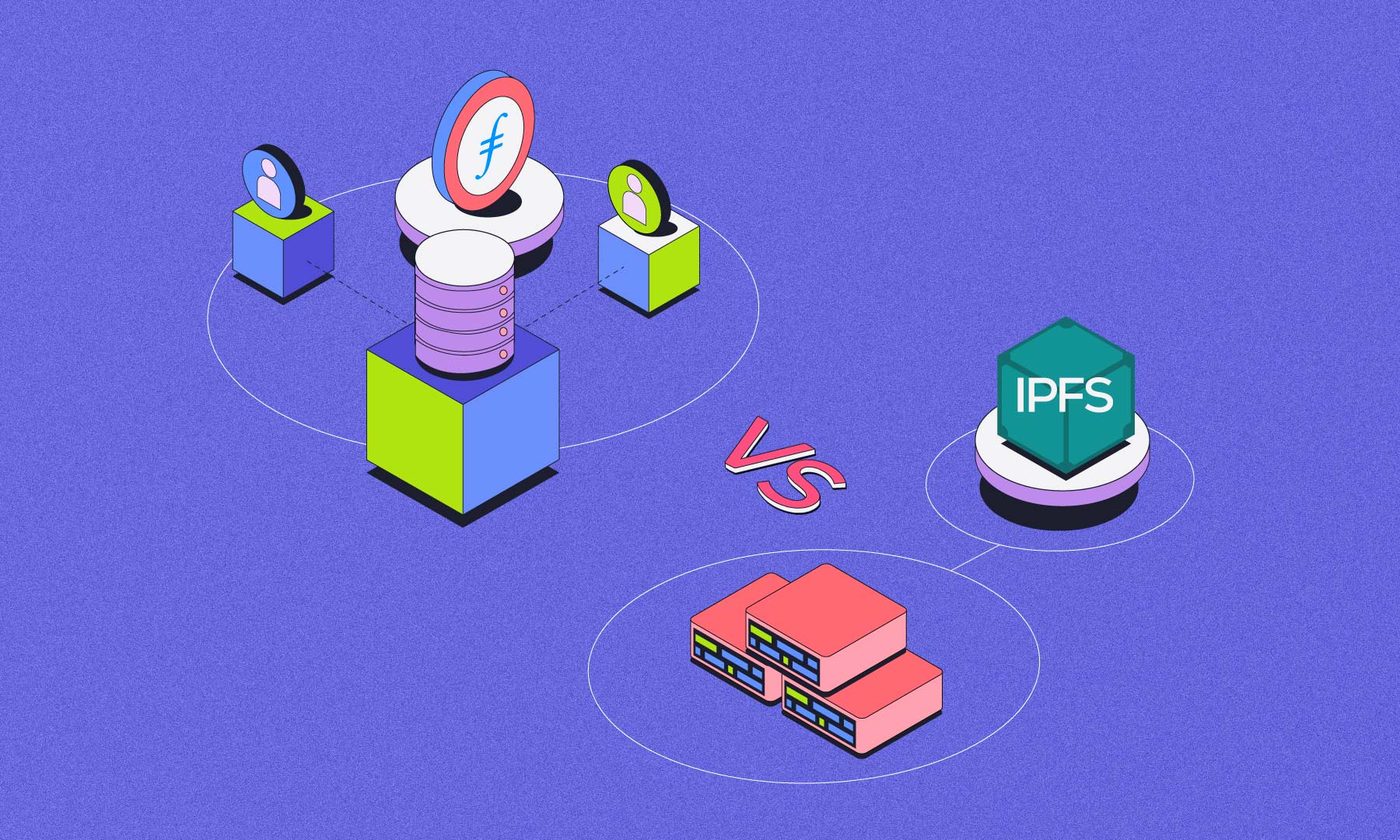
For those seeking decentralized storage solutions, Filecoin and IPFS have become popular options. Developed by Protocol Labs, these platforms offer unique features and serve different purposes. In this article, we will explore the similarities and differences between Filecoin and IPFS to help you understand which one may be the right choice for your needs.
Contents
- 1 Introduction to Filecoin and IPFS
- 2 Understanding the Working of Filecoin and IPFS
- 3 Comparing the Key Features of Filecoin and IPFS
- 4 The Impact of Filecoin and IPFS on the Decentralized Web
- 5 Similarities between Filecoin and IPFS
- 6 Differences between Filecoin and IPFS
- 7 Advantages and Disadvantages of Filecoin and IPFS
- 8 Conclusion
- 9 FAQs
Introduction to Filecoin and IPFS
Filecoin and IPFS are both decentralized storage systems, but they have distinct characteristics. IPFS, similar to torrents, breaks files into smaller pieces and stores them across a network of nodes. However, it relies on pinning services for storage, which can make it less stable and reliable. Filecoin, on the other hand, ensures file availability through blockchain technology and incentivizes users to provide storage space and bandwidth.
Understanding the Working of Filecoin and IPFS
IPFS allows users to store and access files in a distributed manner without relying on centralized servers. However, it lacks permanence and relies on pinning services for stability. Filecoin, on the other hand, utilizes blockchain technology to ensure file availability at all times. It also offers a market-based approach to storage, incentivizing storage providers to offer competitive prices.
Comparing the Key Features of Filecoin and IPFS
Both Filecoin and IPFS enable the storage of large amounts of data over the internet. While IPFS is similar to torrents, Filecoin takes it a step further by incentivizing users to share storage space and bandwidth. Both systems utilize a content-addressed system, allowing files to be easily shared and ensuring their tamper-proof nature.
The Impact of Filecoin and IPFS on the Decentralized Web
Before Filecoin and IPFS, centralized servers owned by large corporations dominated data storage. This created issues such as data breaches, censorship, and limited access to information. Filecoin and IPFS revolutionize the way data is stored and shared by enabling decentralized storage solutions. IPFS facilitates content-addressed storage and distribution, while Filecoin incentivizes users to provide storage space and bandwidth through tokens.
Similarities between Filecoin and IPFS
Both Filecoin and IPFS are decentralized storage systems built on the IPFS protocol. They share benefits such as resilience to attacks, file accessibility even if nodes go offline, and a content-addressed system that ensures tamper-proof files.
Differences between Filecoin and IPFS
Filecoin and IPFS differ in terms of incentives, storage methods, and tokens. Filecoin incentivizes users to provide storage space, making it suitable for commercial applications. IPFS, on the other hand, is better suited for personal use. Filecoin stores files on nodes that provide storage for pay, making it more reliable but also more expensive. Additionally, Filecoin has its own token (FIL), which users can earn and trade on exchanges.
Advantages and Disadvantages of Filecoin and IPFS
Filecoin offers incentives to users, creates a resilient decentralized market, and has a strong community of developers and users. On the other hand, IPFS boasts easy accessibility, a simple command-line interface, and seamless integration with existing systems and applications. However, Filecoin is still in its early stages and may lack widespread adoption and reliable storage providers. IPFS may experience slower transfer speeds and require multiple nodes for redundancy and availability.
Conclusion
When considering Filecoin and IPFS, it’s important to remember that investing in any cryptocurrency involves risk due to volatility. It’s essential to conduct thorough research and only invest what you can afford to lose. Both Filecoin and IPFS offer unique features and benefits, and choosing the right one depends on your specific needs and requirements.







